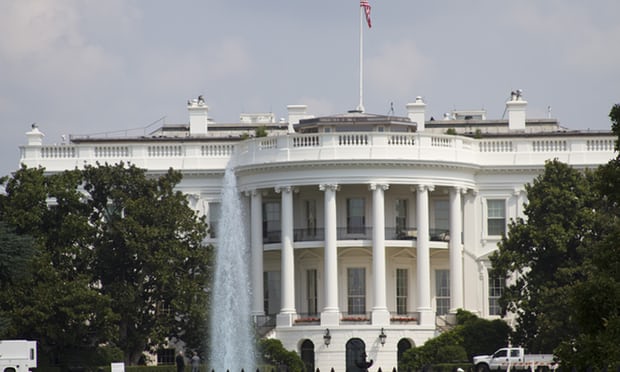“The massive penalties imposed on ZTE are part of an historic enforcement action taken by the Department of Commerce,” White House deputy press secretary Hogan Gidley said in a statement.
The comment comes amid reports that the Trump administration has been quietly pressuring lawmakers to drop bills or amendments that seek to reimpose restrictions on Chinese firms.
One legislative measure is attached to a must-pass defense bill in the Senate, which is expected to come to a vote on Thursday. The administration is also said to be looking at trying to press Congress to get rid of language when the bill is reconciled with a House version that does not include the measure, The Wall Street Journal reported.
The White House said the president’s decision to reverse a seven-year ban on U.S. companies doing business with the Chinese telecommunications firm will continue to give the U.S. “complete oversight of their future activity without undue harm to American suppliers and their workers.“ Lawmakers from both sides of the aisle have criticized the decision as a huge concession to China that exposes U.S. technology to national security concerns.
“Both parties in Congress must be resolute in blocking the president’s bad, pro-China ZTE deal,” Senate Minority Leader Chuck Schumer, a co-sponsor of the amendment, said in a statement, adding that any deal that risks U.S. national and economic security “should be stopped in its tracks.”
Initially, the Commerce Department had imposed a seven-year ban on American firms doing business with ZTE, after it was caught violating the terms of a 2017 agreement by making illegal sales to Iran and North Korea. However, at the request of Chinese President Xi Jinping, who feared the original penalty would put ZTE out of business, Trump told Commerce Secretary Wilbur Ross in May to come up with an alternative.
Under a new agreement announced last week, ZTE had agreed to pay an additional $1 billion fine, change its management team and add a new team of sanctions compliance officers chosen by the United States in exchange for the ban being lifted. Ross also said the Trump administration had not received any commitments from China in return.
The amendment included in the Senate defense bill would require the president to certify that ZTE or any other Chinese telecommunication company has not violated U.S. law for a full year and is cooperating with an investigation before he could lift any civil penalty.
“I never expected the White House to back off,” said Sen. Chris Van Hollen (D-Md.), another original sponsor of the amendment. “In any event, there is strong bipartisan support here to move forward and make sure we don’t let ZTE off the hook.“
The Senate language would also prohibit the U.S. government from purchasing or subsidizing equipment from ZTE and Huawei, another Chinese telecommunications firm accused of spying on behalf of the Chinese government.
Sen. Tom Cotton (R-Ark.), also a sponsor of the amendment, said tougher action is needed to block ZTE and Huawei from gaining access to U.S. technology.
“The only fitting punishment would be to give them the death penalty and put them out of business in the United States,” Cotton said on the Senate floor Wednesday.
Sen. Ron Wyden (D-Ore.), who has a seat on the Senate Intelligence Committee, said he asked Trump’s nominee to head the National Counterintelligence and Security Center whether ZTE was a risk.
“He answered yes. So they’re way out of step,” Wyden said.
But some compromise is already taking shape based on the amendment language.
“They inserted it to look tough, but if you really analyze this from a legal standpoint, those hurdles are certainly low hurdles,” said Doug Jacobson, a trade lawyer who represents U.S. companies that supply parts to ZTE.
The language in the Senate bill requires the company to not have violated any U.S. laws in the last year. The decision by Commerce in April to impose the seven-year denial order was done in response to ZTE violating a March 2017 settlement agreement between the firm and the U.S. government, not any underlying U.S. laws, Jacobson said.
“I think overall, it’s something that is not going to lead to the denial order being reimposed,” he said.
Sen. Lindsey Graham (R-S.C.) predicted that some form of compromise will be reached when the House and Senate reconcile their two defense bills, but added, “I don’t see it coming out“ of the legislation altogether.
More about: #ZTE
















































